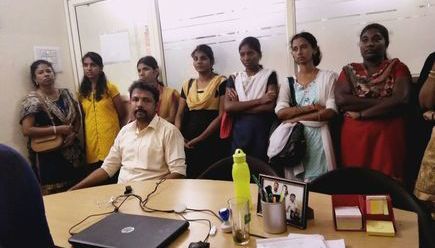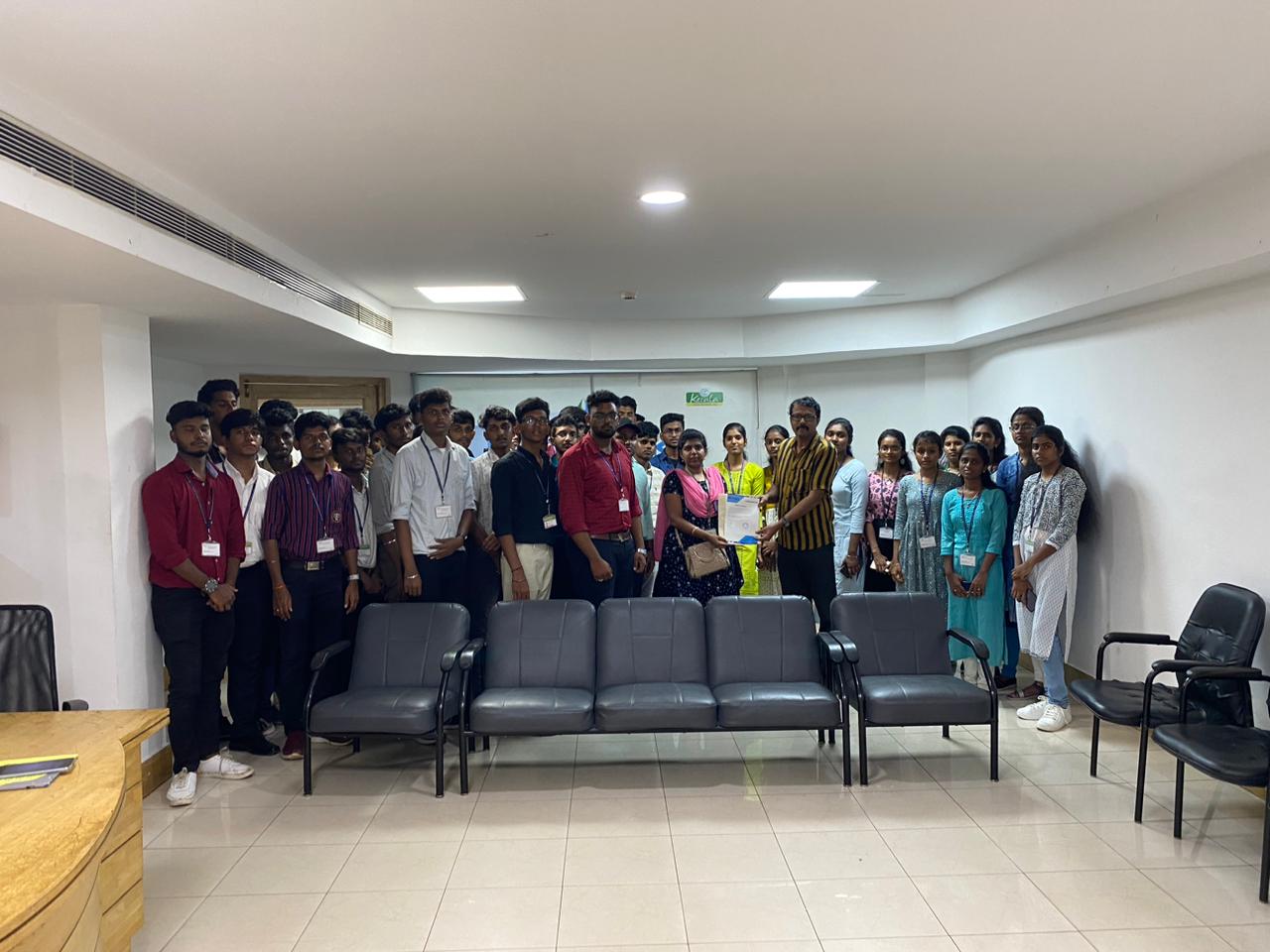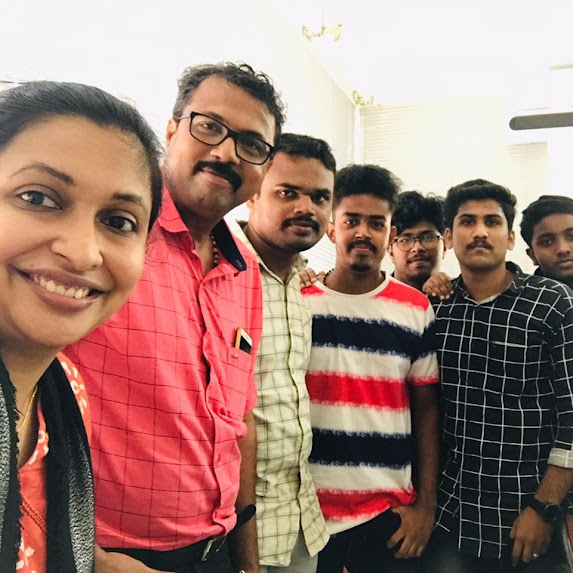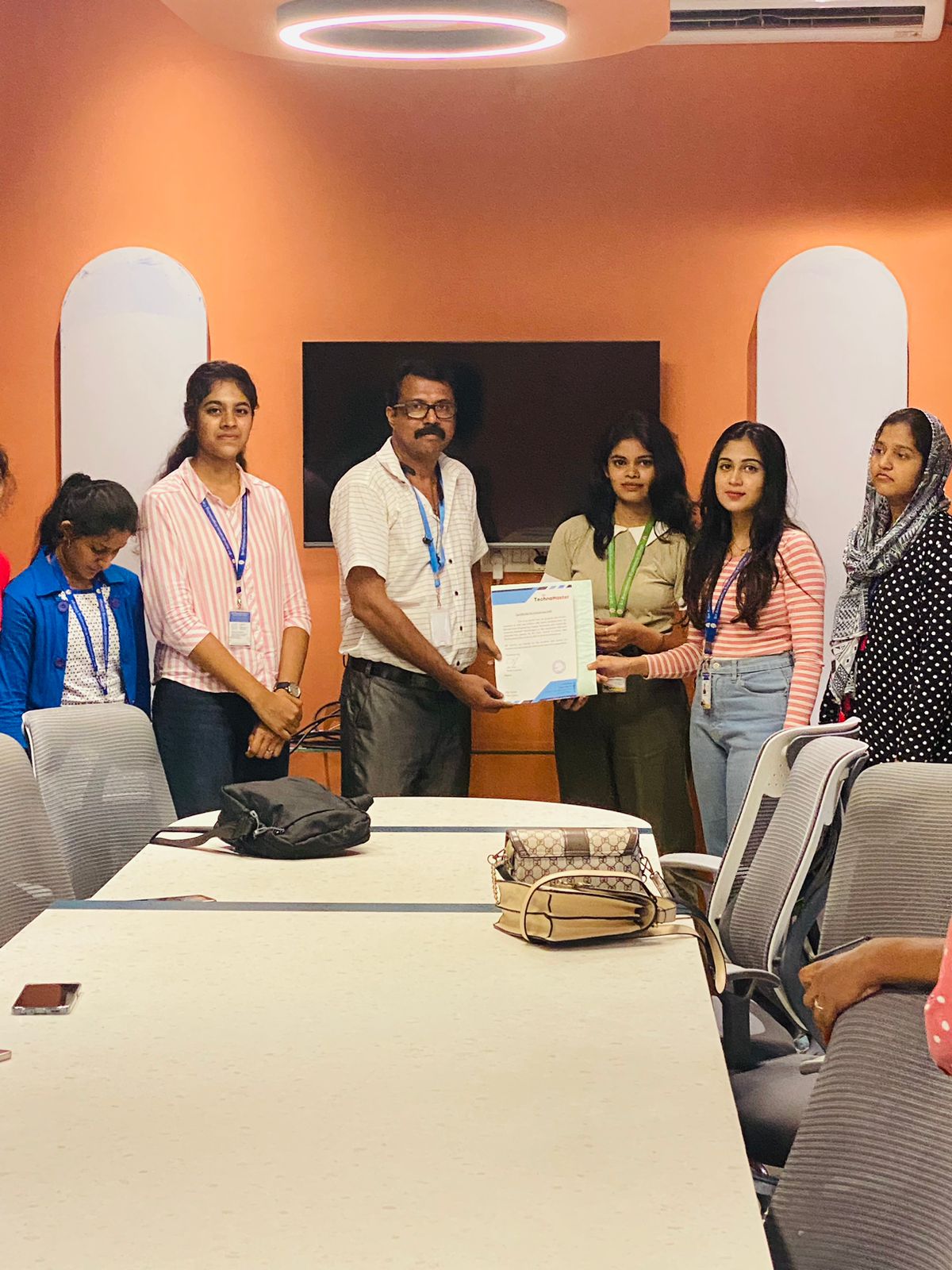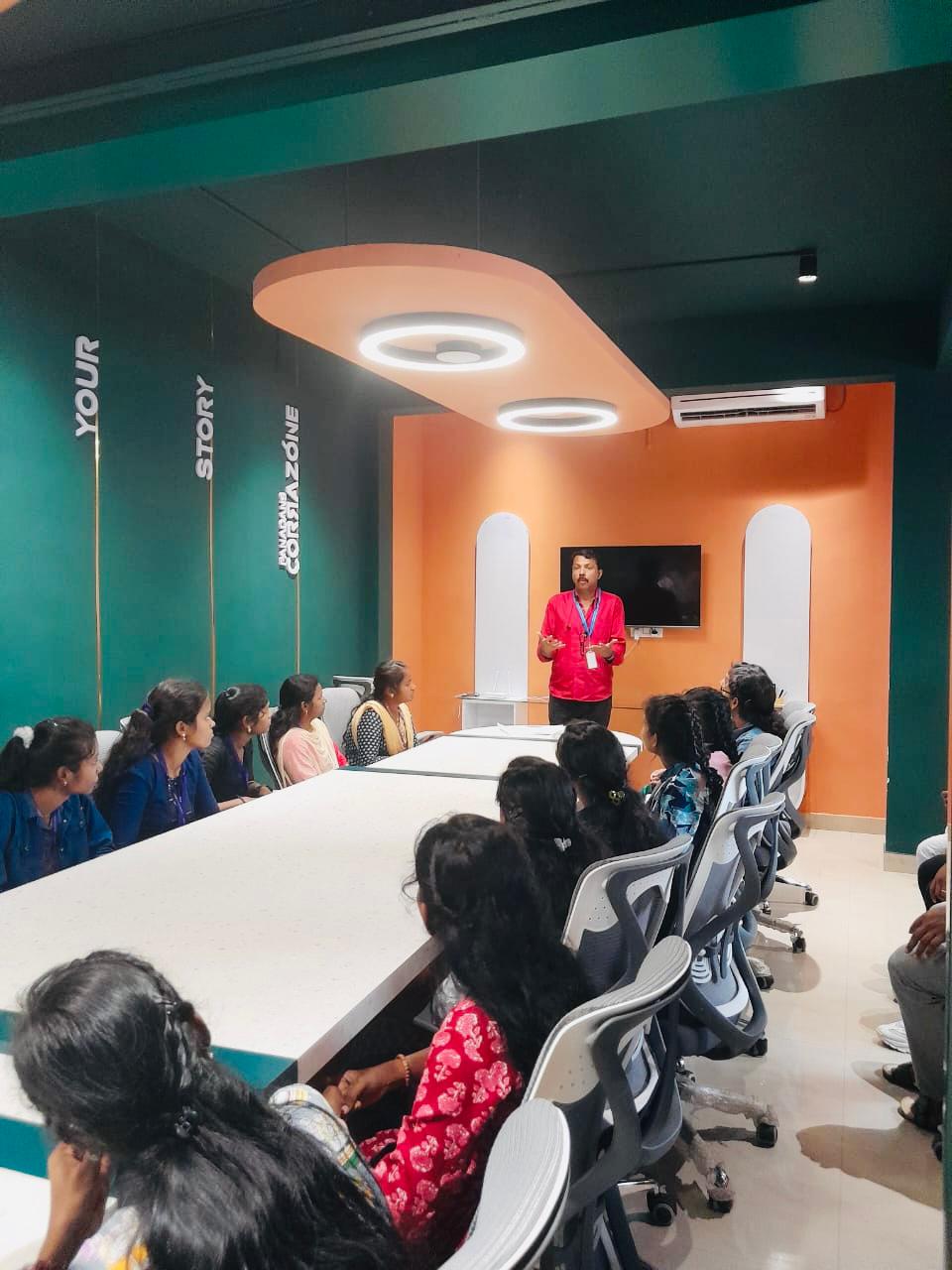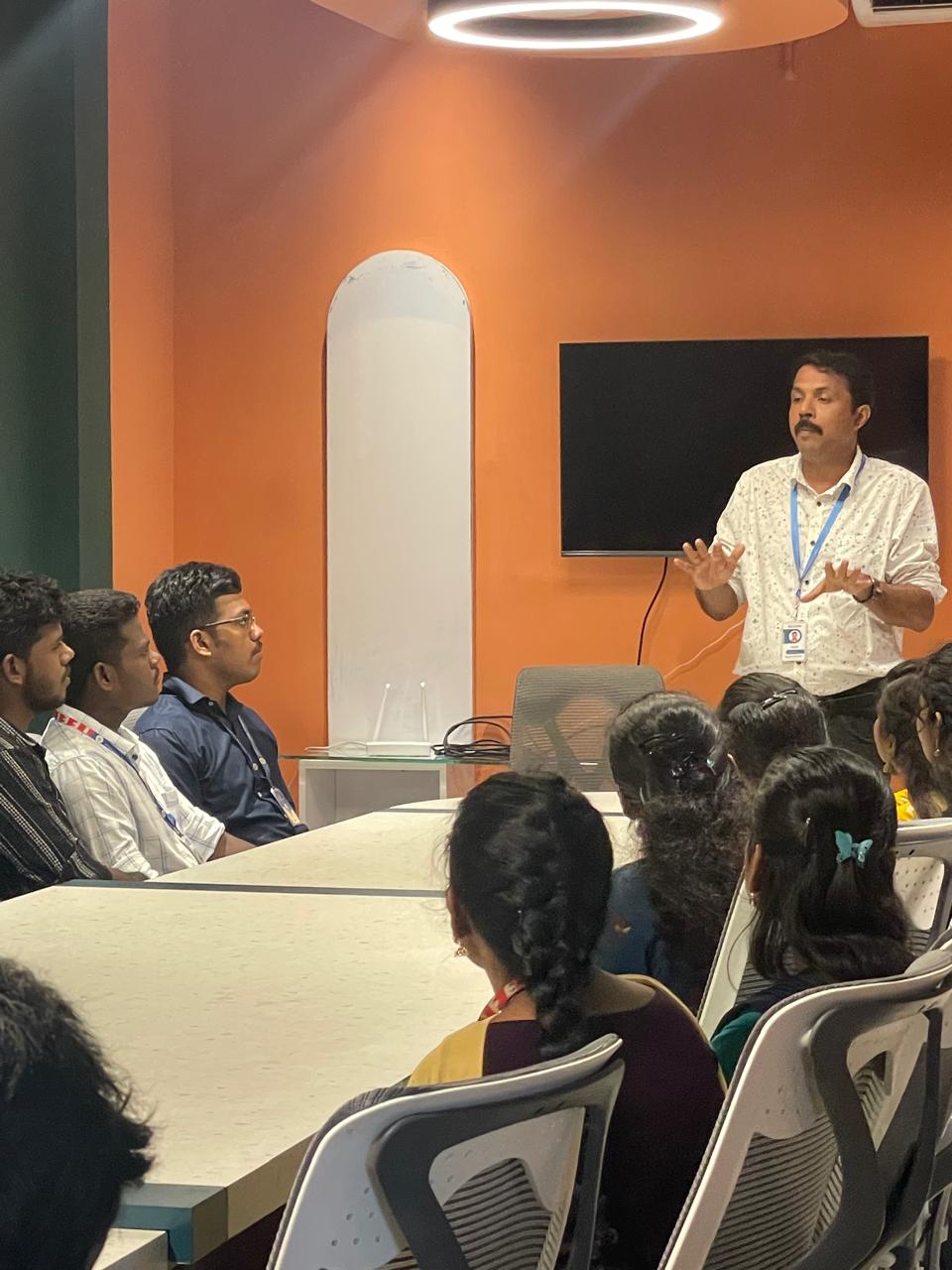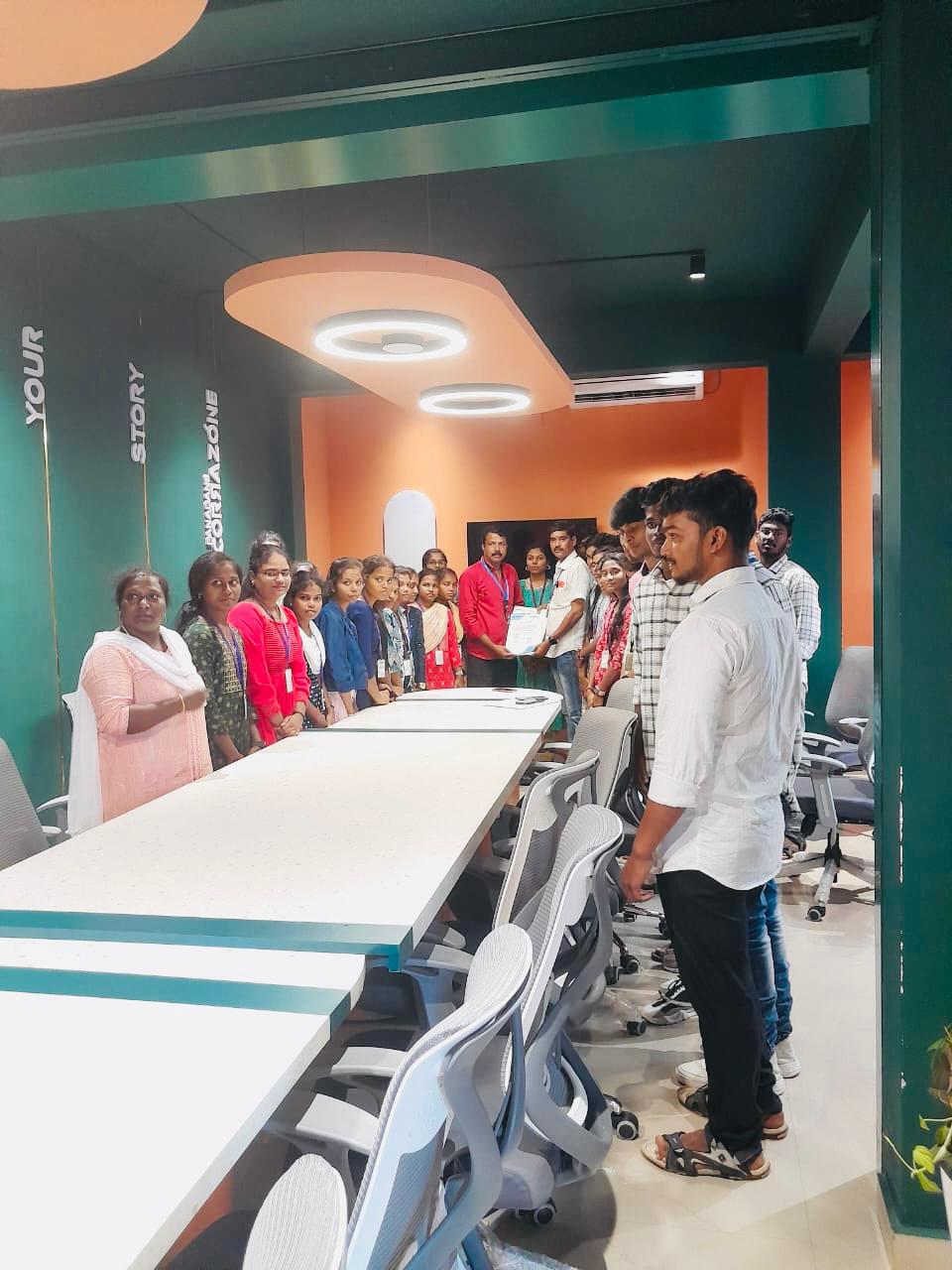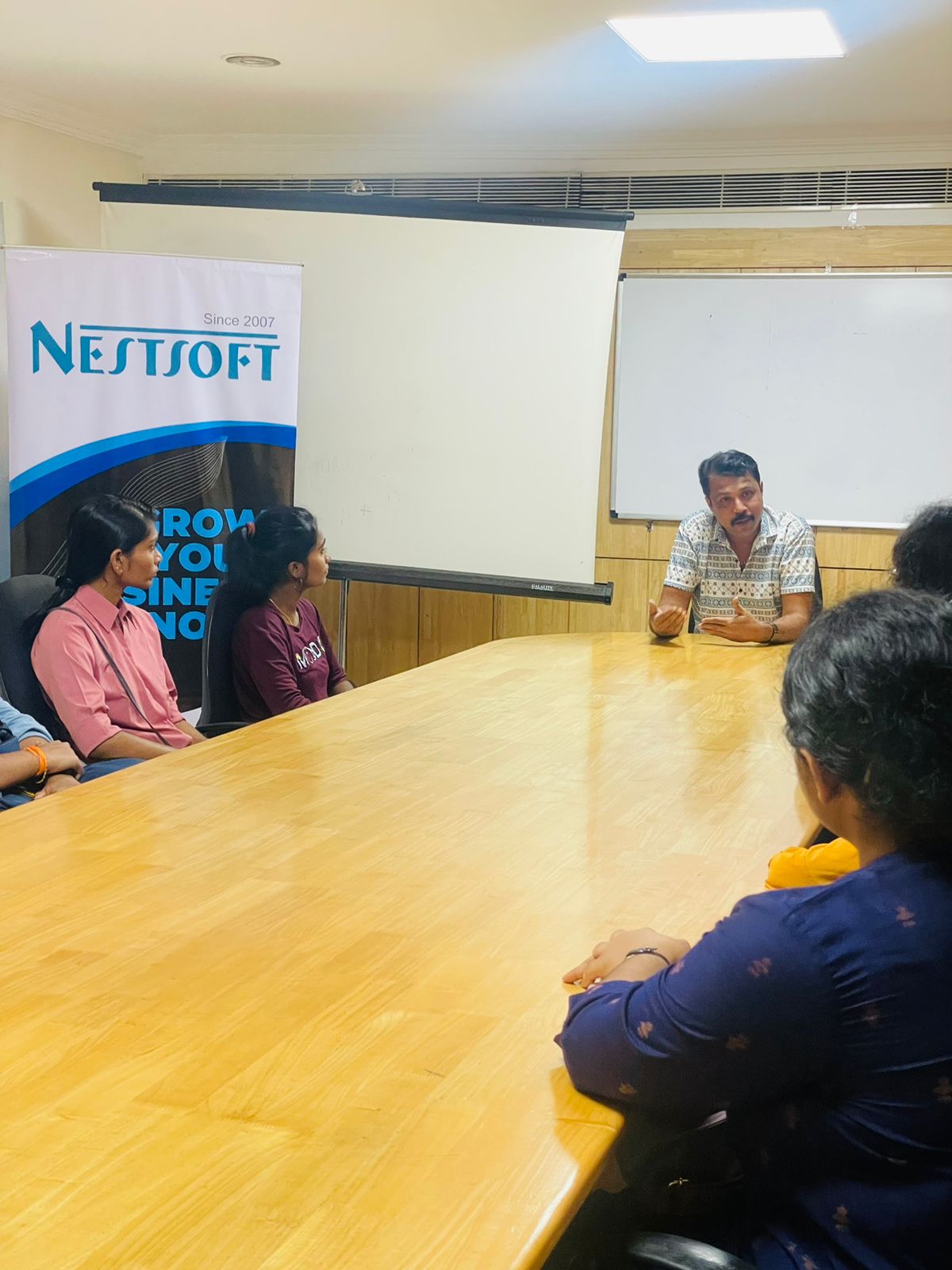Wordpress Training by Experts
Our Training Process

Wordpress - Syllabus, Fees & Duration
- Wordpress Installation
- Domain Name Registration & Web Hosting
- Understanding FTP
- Wordpress Admin/Settings/Dashboard
- Wordpress Toolbar
- Why CMS (Content Management System)
- Managing Posts, Pages and Blogs
- Using Page Templates
- Visual Editor, Formatting, Hyperlinks etc.
- Using Wordpress for Website Development
- Manage Users (Adding & Managing)
- Installation Social Media Plugins
- Installation Form Plugins
- Installation Woocommerce / E-commerce Plugin
- Managing Media: Image Gallery, Video & Multimedia
- Manage Categories, Tags and Menu Links
- Discussion Settings
- Themes & Widgets (Installing, Appearance and Activating)
- Customize Logo, Title, & Tagline
- Customize Header, Colors, Layout
- Customize Wordpress for Mobile (Responsive)
- Adding a Site Icon (Favicon)
- Installing & Manage Wordpress Plugins
- Wordpress Database (DBManager)
- Yoast SEO (Wordpress SEO)
- Upgrading / Updating Wordpress
- Security Plugins
- Automated Backups
This syllabus is not final and can be customized as per needs/updates




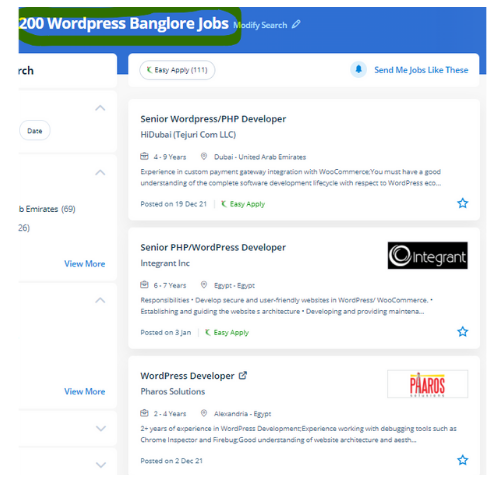
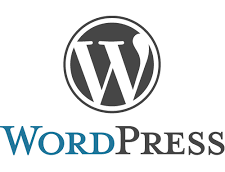 We provide coaching on WordPress and facilitate students to create their websites while teaching WordPress. Plugins make your website professional and each plugin has its own role. Do you need to learn the WordPress concepts in an easy manner?. It permits it to run, lets you edit the content of the site, produces new posts and pages, and then makes assure that your website displays properly on all devices. WordPress has many attractive plugins that will help to easy to create web pages and reduce your working time.
. Actually, WordPress was primarily a tool for creating blogs rather than traditional sites. For learning WordPress there is no need computer science background, if you have little bit of knowledge about website creation you should learn it. You will not only gain knowledge of WordPress and Advanced tools but also gain exposure to Industry best practices, Aptitude & Soft Skills. Our WordPress classes are taken from basic level to Advanced Level, handled by experts in this field.
We provide coaching on WordPress and facilitate students to create their websites while teaching WordPress. Plugins make your website professional and each plugin has its own role. Do you need to learn the WordPress concepts in an easy manner?. It permits it to run, lets you edit the content of the site, produces new posts and pages, and then makes assure that your website displays properly on all devices. WordPress has many attractive plugins that will help to easy to create web pages and reduce your working time.
. Actually, WordPress was primarily a tool for creating blogs rather than traditional sites. For learning WordPress there is no need computer science background, if you have little bit of knowledge about website creation you should learn it. You will not only gain knowledge of WordPress and Advanced tools but also gain exposure to Industry best practices, Aptitude & Soft Skills. Our WordPress classes are taken from basic level to Advanced Level, handled by experts in this field.








































































